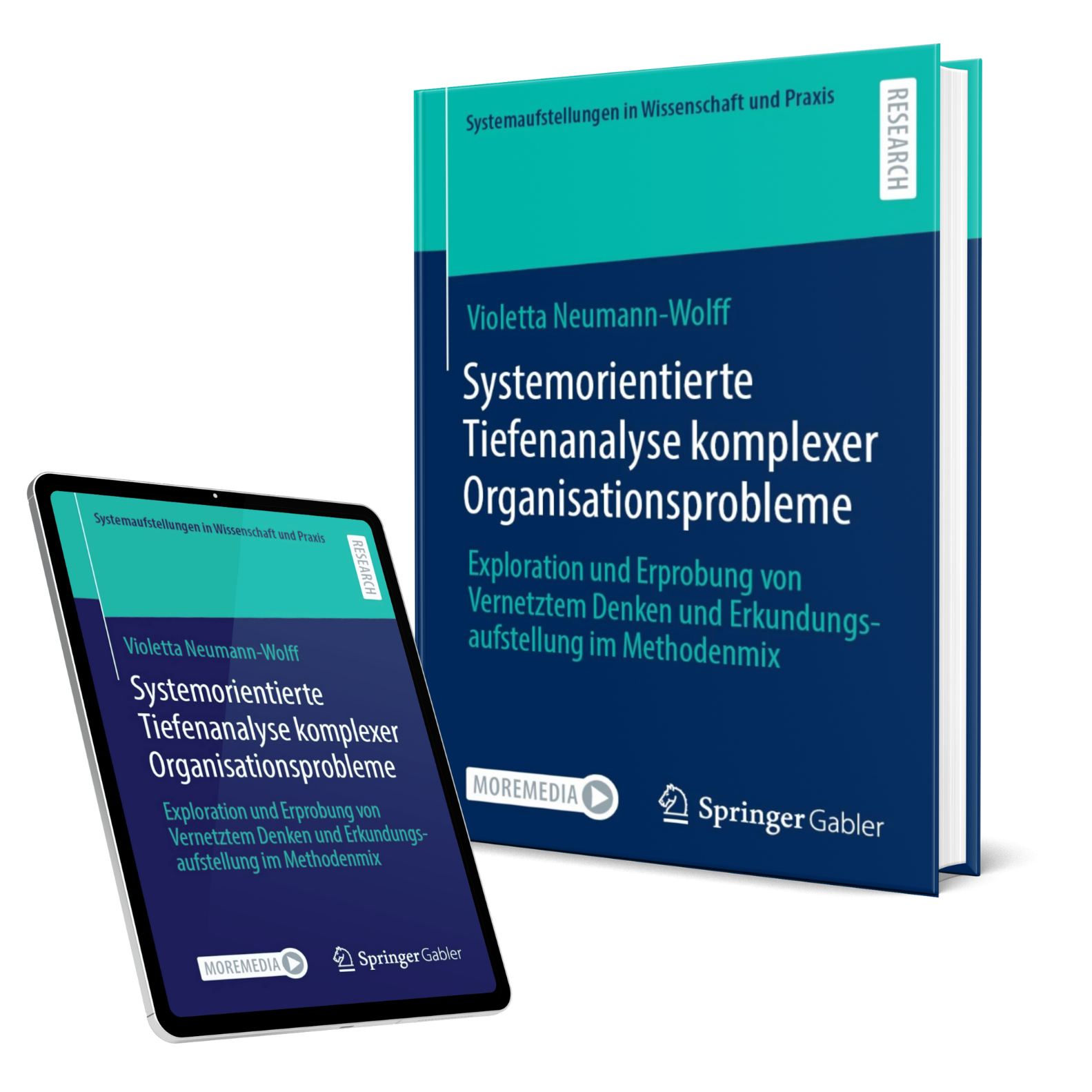Successful, thriving
and truly fulfilled

Let's see you thrive!
Entrepreneurship is an exciting journey, but it can also be stressful, filled with unique challenges. Unseen obstacles or unresolved issues may prevent you from reaching your full potential, both personally and professionally. I specialize in identifying the root causes of these barriers and helping you clear the path forward. By addressing complex problems at their core, I empower you to thrive—unlocking greater fulfillment, success, and impact.
Whether you’re looking to grow personally, achieve business success, or lead a more meaningful life, I’m here to guide and support you. Let’s work together to reveal your true potential and create lasting change!
How I support you

Balance your
body & mind
Tackle stress or lack of concentration holistically!
Entrepreneurs often face unique challenges that can affect both their productivity and well-being. Do any of these common symptoms resonate with you?
- Difficulty focusing or poor concentration
- Impulsivity
- Disorganization
- Procrastination or not finishing tasks
- Feeling burned out, yet “getting nothing done”
These issues can hold you back from achieving your full potential. Interestingly, many of these symptoms may be linked to active early childhood reflexes that remain from infancy. Normally, these reflexes should integrate by age three, but if they remain active, they can contribute to focus, organization, and stress-related challenges.
Take a step towards reducing these symptoms. Discover if KinFlex® reflex therapy and my energetic coaching could help you regain control and improve your focus, organization, and overall balance. Start by taking a quick pre-test to see if this holistic approach is right for you.
-> Test for adults
-> Test for children
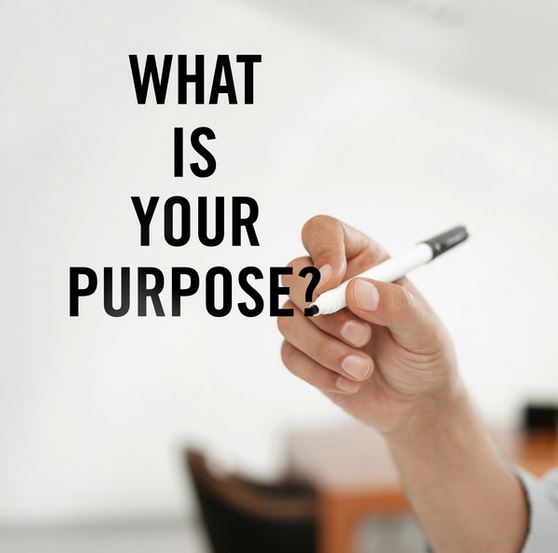
Discover your purpose & talents
Be successful while feeling truly fulfilled!
Are you ready to unlock your full potential and achieve success while feeling truly fulfilled? This purpose-driven coaching program is designed to uncover your unique purpose & gifts. Often, these valuable traits are hidden beneath emotions and limiting beliefs, holding us back from reaching our goals and true fulfillment. That’s why this 3-months coaching program focuses on overcoming those internal obstacles first before creating a strategic, actionable plan for success and fulfillment.
Are you interested in discovering if this coaching journey is right for you? Take a minute to complete a 5-question assessment and learn how this coaching can help you achieve success and fulfillment.
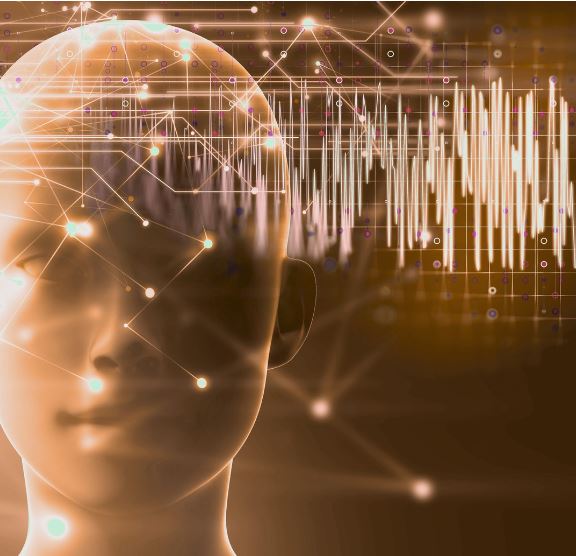
Raise your frequency & impact
Match the frequency of the goals you want to achieve!
Did you know every thought and emotion has its own frequency? To achieve high-vibration goals, your energy must align with that frequency. If you’re struggling to reach your goals, it may be due to low vibrational blocks that need to be addressed.
In this unique approach to goal definition and achiement we use specialized tools to help you raise your vibration and align your energy with your aspirations. Whether you’re seeking personal development and growth, career advancement, or deeper satisfaction and connection based on (self-)love, this coaching provides the transformative tools or the competitive edge you need.
Are you ready to align with your goals? Start with a quick gap analysis. How fulfilled are you in the areas career, health, (self-)love/relationships? How does it compare to your goals?
Contact me if you are curious and serious about getting results that you love.

Testimonials
”The success energy coaching supported and re-energized me during continuously difficult times. I’m not sure I would have maintained my motivation to work towards my goals without this support. Now, I feel equipped with techniques that help me adjust my focus and energy whenever I face challenges. I highly recommend Violetta's coaching to anyone who regularly reflects or meditates, as it’s a powerful complement to those practices.”
David D.
UX Director and Head of Site Berlin
"I would recommend the workshop to everyone dealing with complex systems/problems because I am scared the planet and its inhabitants have to suffer the damage when the problem solvers make one of the ten mentioned mistakes that may cause dramatic effects."
Lysanne Jackson
Biodiversity policy and legislation advisor, NLadviseurs
Scientifically backed through research:
In the business world, nearly 75% of all change- and problem-solving projects fail. The primary reason? A superficial problem analysis phase that leads to treating symptoms rather than addressing root causes.
To combat this issue, I’ve developed and tested a systemic problem-solving approach designed to help organizations succeed. You can explore this approach in detail by getting my book/ebook (available in German) here!
A key insight from my research is that real organizational change must happen from the inside out. It starts with leaders who are ready to work on themselves and transform how they think, feel, and act.
This is why I emphasize the importance of 1:1-coachings to drive holistic (organizational) change and success.
About


I specialize in getting to the roots of complex problems quickly, using a powerful combination of sharp intuition, clairsentience, crucial questions, critical thinking, and cutting-edge AI tools. My goal is to elevate success, passion, impact and fulfillment. Together, we’ll take you to the next level!
Energetic business coach & certified KinFlex® therapist
My path to holistic success and fulfillment
Thrive! Where effectiveness meets innovation
My expertise in solving complex problems is rooted in a deep commitment to systems thinking and holistic approaches. The problem solving journey began with an MBA in California, where I delved into the Cradle to Cradle® paradigm and was introduced to sustainability’s circularity principles. This foundational experience taught me the importance of addressing root causes rather than merely treating superficial symptoms. Please click here if you want to read my article about it.
After three years working for a specialized consulting firm in the field of visual complexity management and systems thinking in Switzerland, I pursued a PhD to develop my own methodological process for analyzing and solving complex organizational problems more in depth, taking into account organizational psychology and Edgar Schein's model of organizational culture.
Inner development: key to fulfilling success & growth
Edgar Schein's model of organizational culture highlights the importance of the 3rd layer of culture: subconscious beliefs, emotions, perceptions - because these are the drivers of behavior.
After 7 years of personal development and trainings in intutive and energetic healing-based methods, I've gained the experience and deeper understanding what truly works when trying to change these influencing variables for getting desired outcomes.
As an energetic business coach, certified KinFlex® therapist, and certified mental trainer, I apply all my insights in combination to help my clients achieve goals and profound breakthroughs in the shortest possible time.
Quality of frequencies: electromagnetic fields matter
By addressing the often-overlooked, invisible and even unconscious aspects of human interaction and reality creation, I support clients to improve their energetic literacy.
My holistic approach encompasses emotional and energetic dimensions, offering a new level of insights into information fields and success.
Starting with a thorough gap analysis and goal definition, my approach focuses on aligning body, mind, soul, consciousness, and heart with one's values, aspirations, vision and mission.
By combining systems thinking, AI tools, with kinesiological muscle testing and energy work, we can quickly uncover and address hidden root causes of problems and identify the most powerful leverage points. This leads to effective, efficient and lasting solutions and deep transformative breakthroughs.
Vision, mission and values
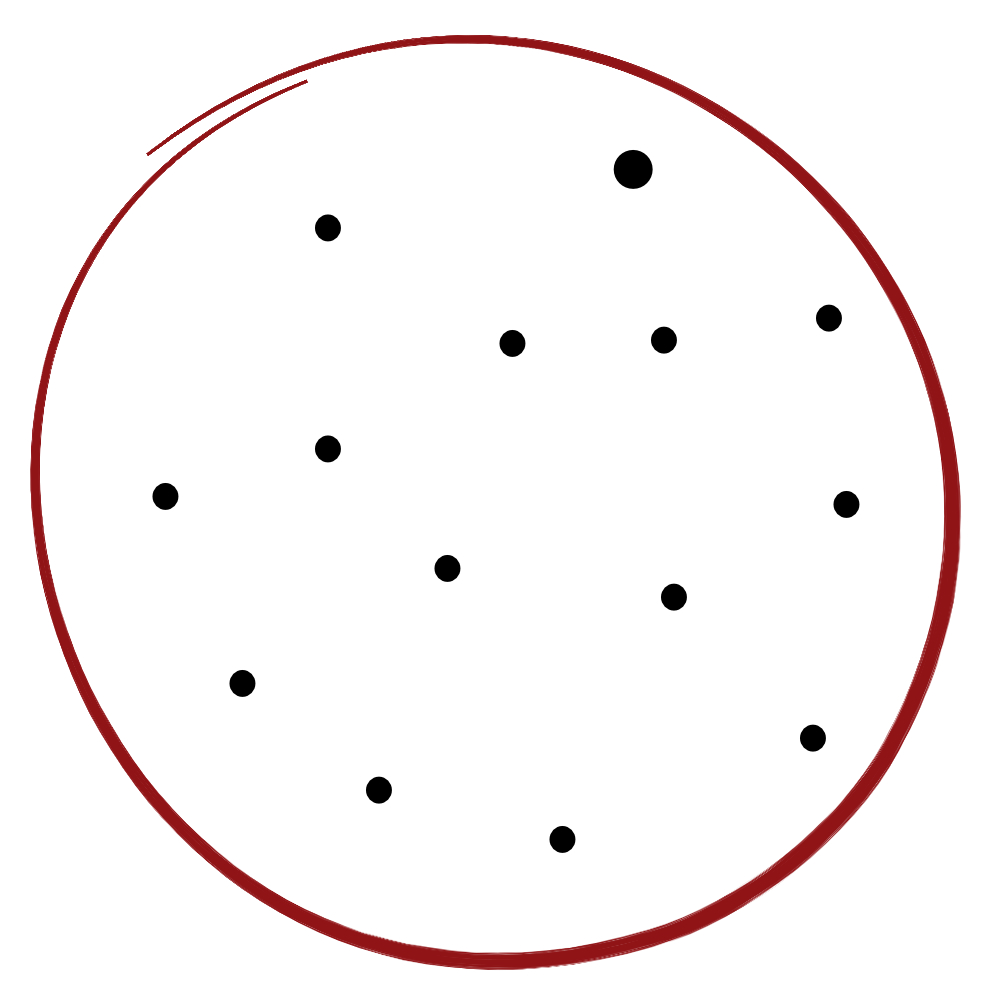
Vision
As an energetic business coach and energetic healer, my vision is to be surrounded by empowered people who are consciously evolving and thriving at the highest frequencies of personal fulfillment and joy. I envision a world where every individual is deeply connected to their purpose, aware of their unique gifts and talents, and courageously applying them to achieve fulfilling success. This success is not only personal but also contributes to the greater good, creating a ripple effect of positive impact that transforms communities, businesses, and the world at large.
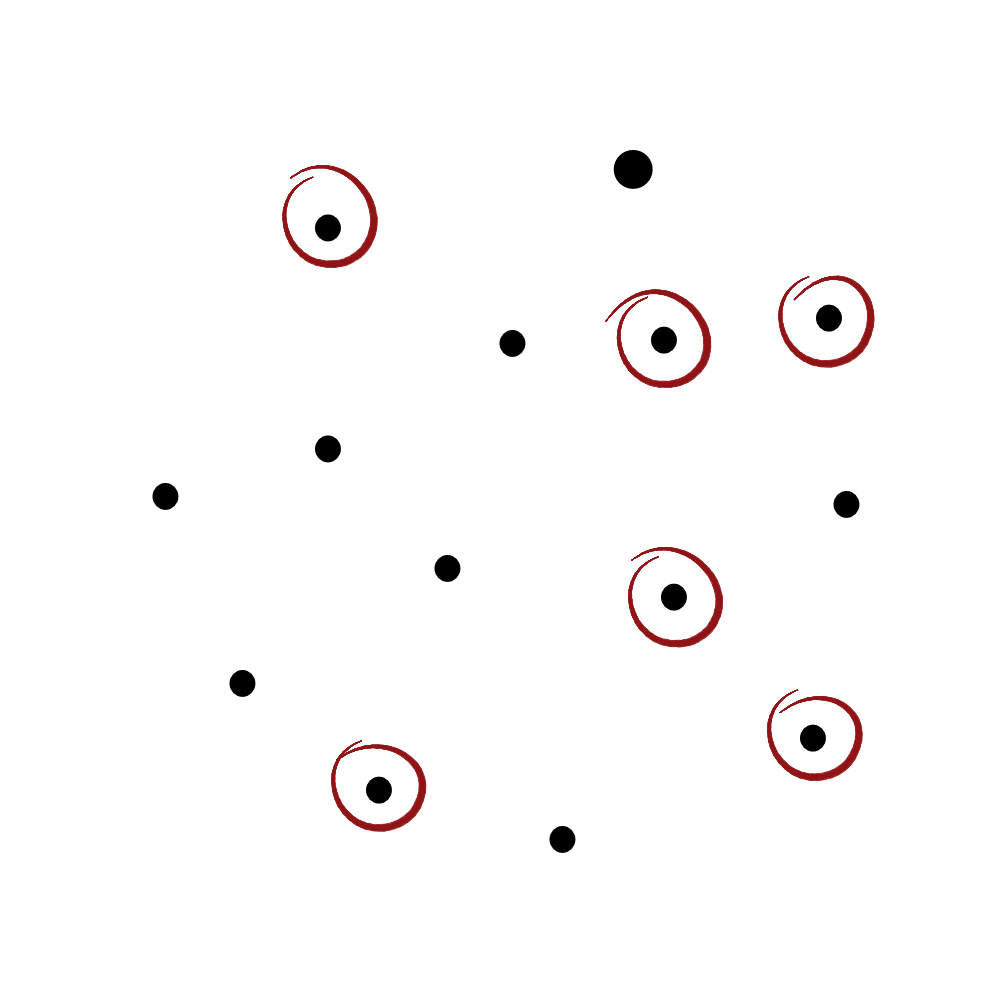
Mission
My mission is to empower individuals to uncover their purpose, gifts, and talents and bridging the gap between where they are and where they aspire to be. I guide leaders of purposeful companies and meaning seekers in becoming the best versions of themselves, experiencing success and deep fulfillment.

Values
- Safety, Empowerment and Growth: Cultivating an environment where continuous learning, self-discovery, and a safe space for being vulnerable allows for personal growth and self-development to happen.
- Honesty and Integrity: Upholding truth and transparency in all interactions, fostering trust and authenticity.
- Personal Accountability: Taking full responsibility for my actions, decisions, and growth, while encouraging my clients to do the same.
- Creativity and Innovation: Embracing creativity to challenge what is and inspire what could be.
- Purpose-Driven Impact and Freedom: Committing to actions and decisions that serve a higher purpose and the larger whole.

